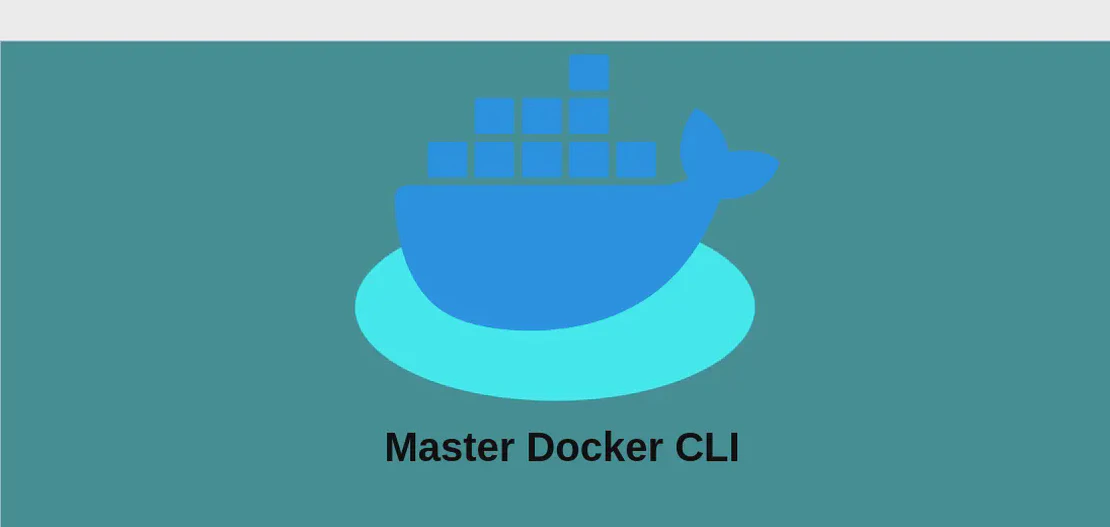
How to Use the 'debtap' Command (with Examples)
- Linux
- December 17, 2024
The debtap command is a powerful utility that allows users to convert Debian packages (with a .deb extension) into packages compatible with Arch Linux. This tool is particularly useful for Arch Linux users who want to install software only available in .deb format. By converting these packages, users can expand their software choices beyond what’s natively offered in Arch repositories or the User Repository (AUR). The debtap tool maintains the simplicity and flexibility that Arch users expect, allowing them to leverage Debian’s vast package ecosystem.
Use Case 1: Updating the Debtap Database
Code:
sudo debtap --update
Motivation:
Before using debtap for the first time, it is crucial to ensure that its underlying database is up-to-date. The initial database update is essential because it contains critical information necessary for converting Debian packages to their Arch Linux equivalents. This step ensures that the conversion process uses the latest and most accurate data available, which helps prevent potential errors during package installation.
Explanation:
sudo: This command is executed with superuser privileges because updating the database affects system-wide configurations and requires elevated permissions.debtap: The command itself, which is designed to convert Debian packages for Arch Linux usage.--update: This option instructs thedebtaptool to fetch and update its internal database. It’s an essential preparatory step before performing any package conversion tasks.
Example Output:
Fetching the latest debtap database...
Download complete. The database has been successfully updated.
Use Case 2: Converting a Specified Package
Code:
debtap path/to/package.deb
Motivation:
When a user encounters a useful software available only as a Debian package, they can use debtap to convert this package for their Arch Linux system. This conversion process is vital for accessing applications not natively available in Arch’s repositories, thus broadening the system’s functionality and utility.
Explanation:
debtap: Initiates thedebtaptool to start the package conversion process.path/to/package.deb: Specifies the exact file path to the Debian package that needs conversion. This argument tellsdebtapwhich package to process and prepare for Arch Linux installation.
Example Output:
Preparing to convert package.deb...
Parsing package data...
Generating necessary Arch Linux package files...
Conversion successful. Package ready for installation.
Use Case 3: Converting a Package Quietly
Code:
debtap --quiet path/to/package.deb
Motivation:
Users who prefer minimal interaction during the conversion process might opt for the --quiet option. This mode is especially useful for power users or when scripting batch conversions where user interaction needs to be minimized, to streamline the workflow while still preserving the ability to edit crucial metadata.
Explanation:
debtap: Executes the main conversion tool.--quiet: Enables the quiet mode, which bypasses most of the usual interactive prompts, streamlining the conversion process by reducing the need for user interventions. This option still allows the user to edit metadata files as needed.path/to/package.deb: Indicates the Debian package to be processed as in the standard conversion command.
Example Output:
Quiet mode enabled. Proceeding with conversion...
Metadata file requires your attention. Please edit as necessary...
Conversion successful with minimal prompts.
Use Case 4: Generating a PKGBUILD File
Code:
debtap --pkgbuild path/to/package.deb
Motivation:
Advanced users or package maintainers might want to manually tweak or inspect the build steps for the Arch package. Generating a PKGBUILD file allows them to examine and adjust how the package is built and installed on the system. This step grants the utmost control over the final package outcome, making it indispensable for custom or heavily-modified installations.
Explanation:
debtap: Commands the use of thedebtaptool.--pkgbuild: Instructsdebtapto generate aPKGBUILDfile, which is a script used by Arch’s packaging system to build and manage packages.path/to/package.deb: Provides the tool with the file path to the Debian package intended for conversion and detailed inspection through the generatedPKGBUILD.
Example Output:
Creating PKGBUILD file...
PKGBUILD for package.deb successfully generated.
Conclusion
The debtap command is an essential utility for Arch Linux users looking to expand their software options by converting Debian packages into Arch-compatible ones. From updating its database, converting packages, quiet operation, to generating build scripts, debtap caters to various user needs by offering flexibility and control over package management and software installation. Each use case provides a unique advantage, making debtap a versatile tool in the hands of Arch enthusiasts.


